|
The African Cup of Nations is the continent’s premier football showcase - a chance for players to show off their skills and pursue the coveted trophy. Governments and footballing authorities spend millions hiring top players and coaches. And yet, in the tournament’s six-decade history, only 14 nations have ever been named champions. What are their secrets? Ernest Yeboah Acheampong and Ellis Kofi Akwaa-Sekyi explain the model they created which, they say, holds at least some of the answers.
Seven years ago today, South Africa was left reeling when police shot dead 34 strikers at a mine in the country’s North West province. The Marikana massacre, as it’s come to be known, remains a very visible scar on the post-apartheid landscape. Ralph Hamann examines how interactions between business and government created the underlying conditions that gave rise to the Marikana massacre.
|
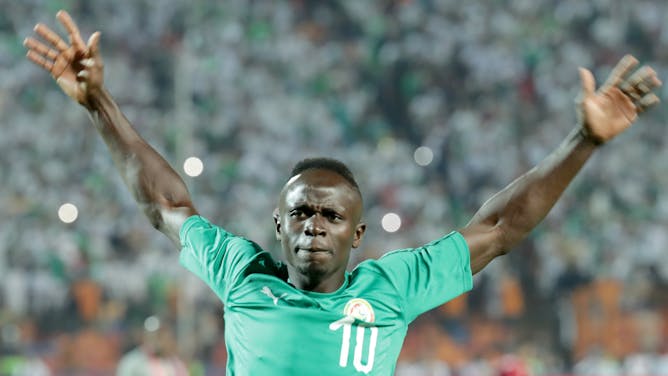
Senegal’s Sadio Mane during the 2019 AFCON final soccer match between Algeria and Senegal in Cairo. He also plays for Liverpool.
EPA-EFE/Khaled Elfiqi
Ernest Yeboah Acheampong, University of Education; Ellis Kofi Akwaa-Sekyi, Catholic University College of Ghana
Football coaches can improve their chances of winning tournaments by choosing a team based on a unique combination of factors.
|

Ambiguity of the transformation rules made it possible for mining companies to renege on their commitments.
Shutterstock
Ralph Hamann, University of Cape Town
A lesson from the 2012 massacre of mineworkers is the need for government to retain its role as primary governance agent, enforcing clear rules and ensuring the provision of public goods and services.
|
Politics + Society
|
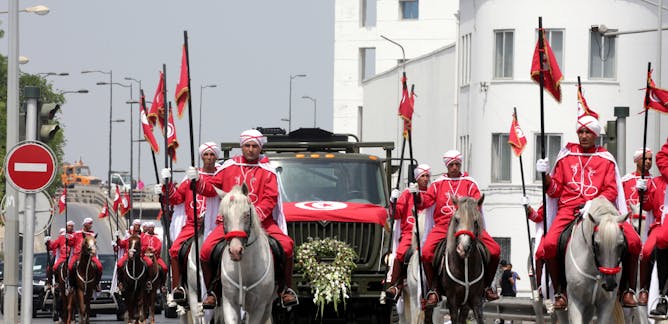
Jonathan Powell, University of Central Florida; Clayton Besaw, University of Central Florida
In death, President Mohamed Beji Caid Essebsi has left behind an unfinished revolution which now needs a new leader.
| |
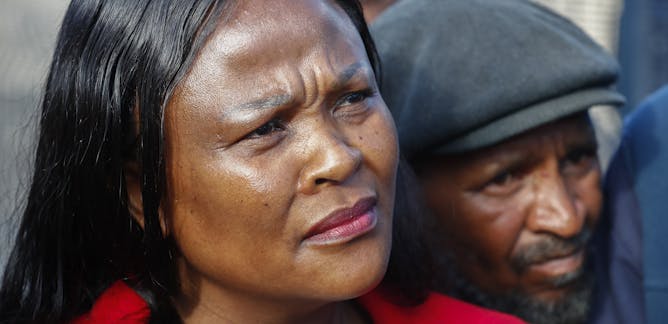
Cathleen Powell, University of Cape Town
The Public Protector's Office has become embroiled in political scandals under the current incumbent, Advocate Busisiwe Mkhwebane.
|
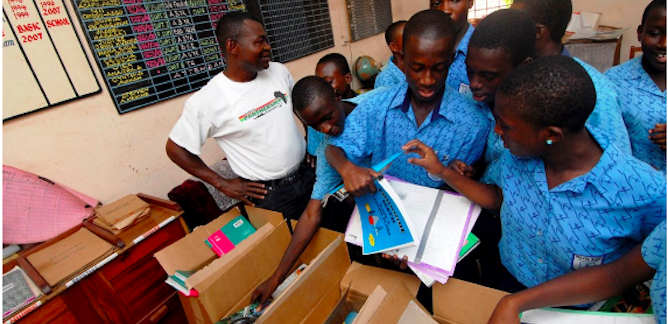
Victor Osei Kwadwo, United Nations University
Achieving the sustainable development goals on education in Ghana requires efficient resource allocation, not necessarily more money.
| |
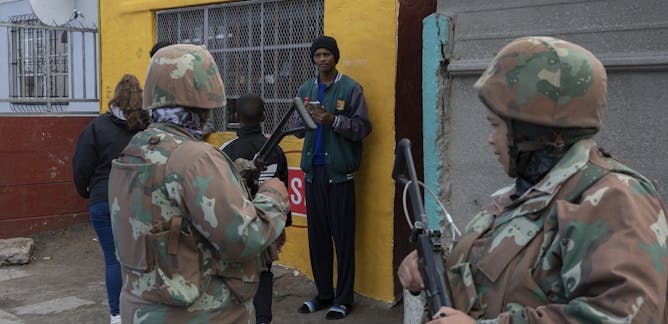
Lindy Heinecken, Stellenbosch University
Using the military continuously in internal roles for which it is not structured, funded or trained simply speeds up its decline.
|
|
|
En Français
|
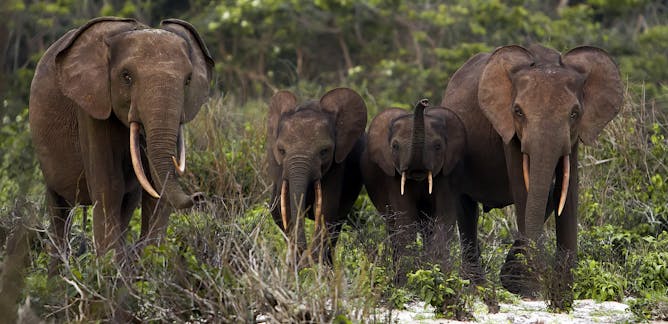
Ahimsa Campos-Arceiz, University of Nottingham
Une nouvelle étude montre que les éléphants augmentent de 7% le carbone stocké dans les forêts.
| |

Julie Talbot, Université de Montréal; Julien Arsenault, Université de Montréal
Une conférence en Autriche, une autre en Chine, des travaux de recherche en Indonésie… Plusieurs questionnent l'impact environnemental des habitudes de travail cosmopolites des universitaires.
|
|
|
From our international editions
|
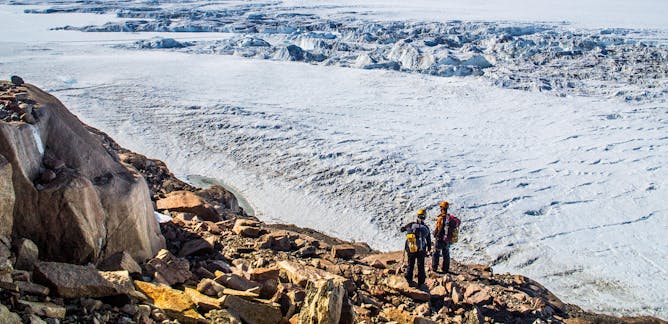
Dan Lowry, Victoria University of Wellington
New research shows that ocean and air temperatures both contributed to the melting of Antarctica's Ross Ice Shelf in the past, but melting from below by a warming ocean became more important over time.
| |

Fatemeh Torabi Asr, Simon Fraser University
Using machine learning and natural language processing, researchers are developing an algorithm that can distinguish between real and fake news articles.
|
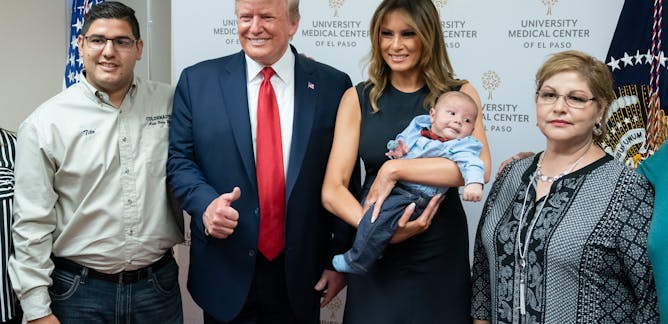
Stephan Lewandowsky, University of Bristol
You can't be gaslighted if you don't get confused and you won't get confused if you are not misled in the first place.
| |
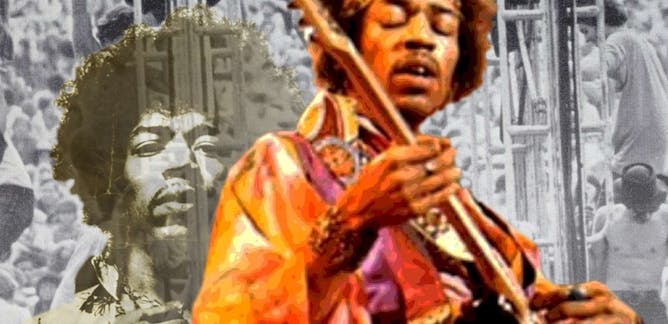
Mark Clague, University of Michigan
Before an exhausted crowd, Hendrix fused protest and horror with patriotism and optimism.
|
|
|